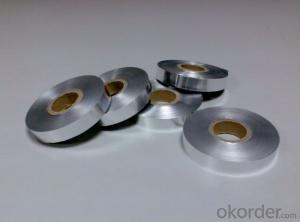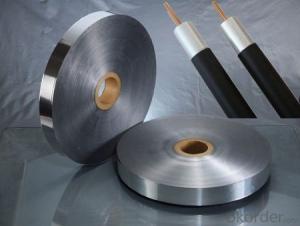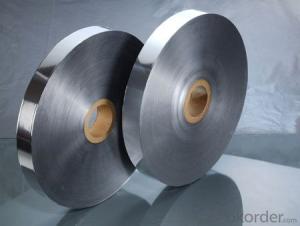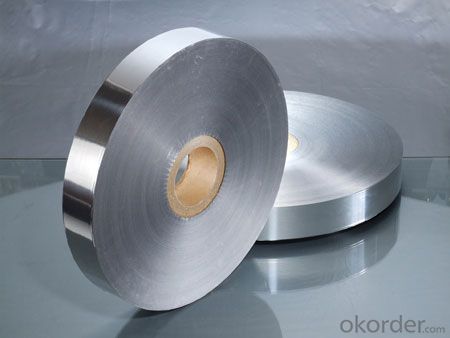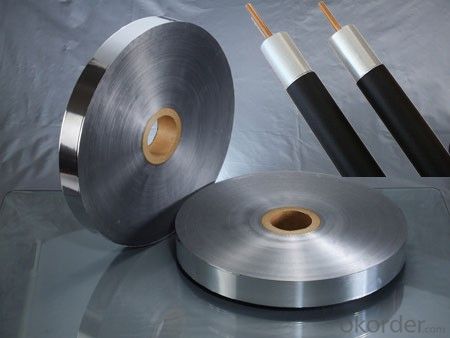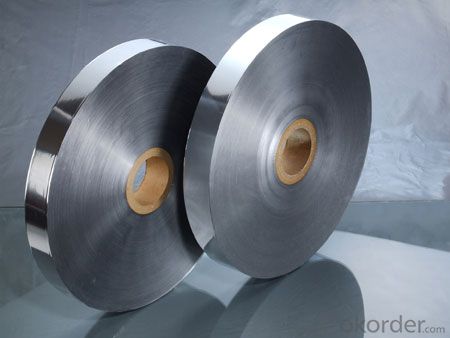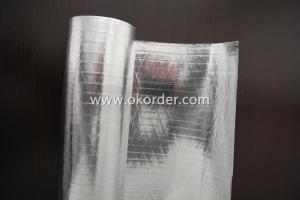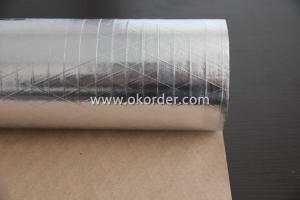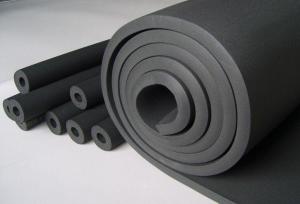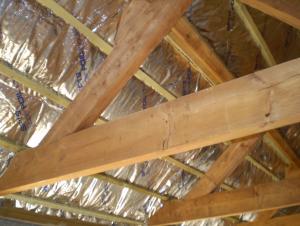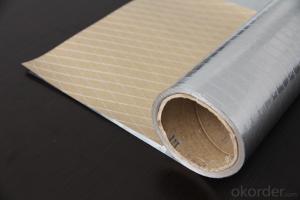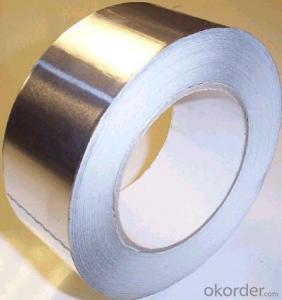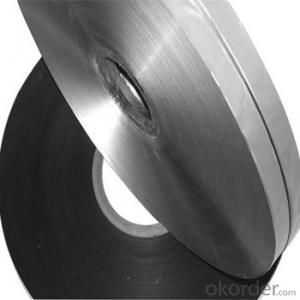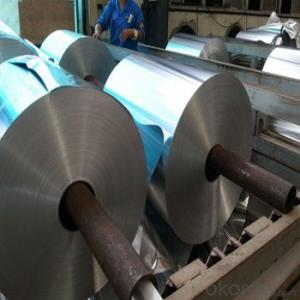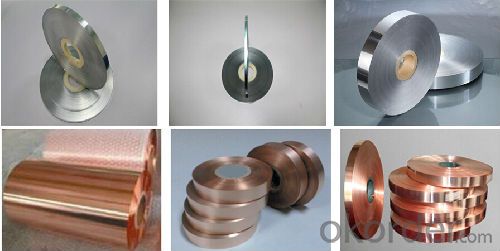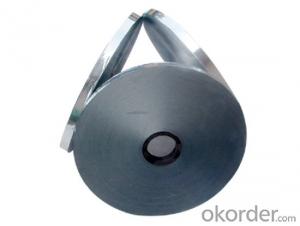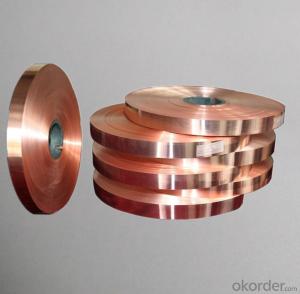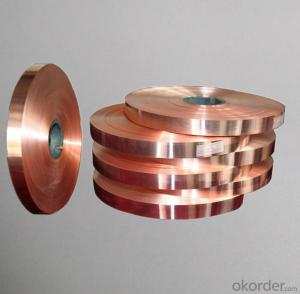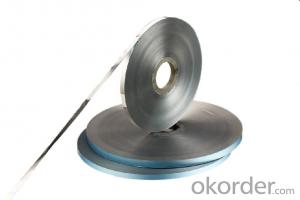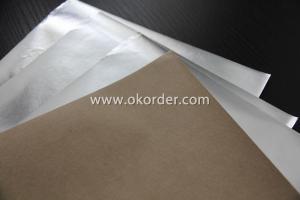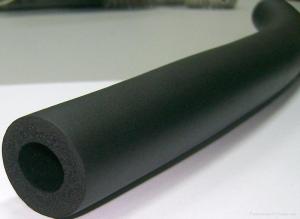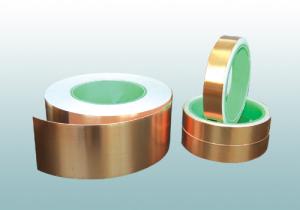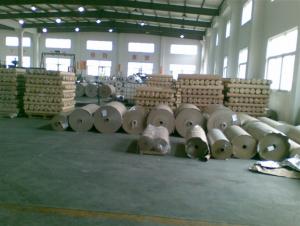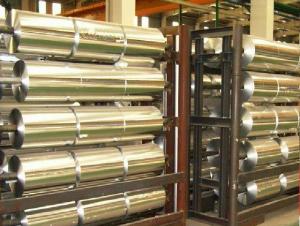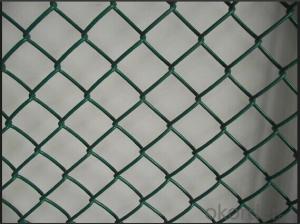Aluminum Foil Facing Shielding Laminated Foil for Coaxial Cable
- Loading Port:
- Shanghai
- Payment Terms:
- TT or LC
- Min Order Qty:
- 1000 m²
- Supply Capability:
- 1000000 m²/month
OKorder Service Pledge
OKorder Financial Service
You Might Also Like
Aluminum Mylar foil Shielding Foil for Coaxial Cable communication cable
1.Structure of Aluminum Mylar foil Shielding Foil Description:
Electrical cable is used to transfer electricity, information and the realization of electromagnetic energy transformation. The electrical cable in a broad term mainly indicates to cable and in a narrow term indicate insulation material. Its definition is the aggregation of different parts below: one or more insulation cores, the wrapping layers of the cores, the general protective layers and the outer protective layers. Cables also include additive conductor without insulator.
2.Main Features of the Aluminum Mylar foil Shielding Foil:
Aluminum Mylar foil Shielding Foil is applicable to the shielding of coaxial cable, local network wire, electronic communication cable and computer peripheral wire etc.
1.Thickness: min 6.5mic; width: 300-1000mm.
2. According to GB/T 3198-2010.
3.Usages: cable shield, candy wrap
3. Aluminum Mylar foil Shielding Foil Images
4. Aluminum Mylar foil Shielding Foil Specification
AL-PET laminated foil
Description: Apply for overall or individual twisted pair shield for electronic cable and local network cables, protect from external electromagnetic interference. Features option of LUBRITAPE apply to decrease 50% friction of aluminum surface.
Construction: Aluminum foil, Polyester film
CODE | TOTAL THICKNESS | ALU THICKNESS | GLUE | POLYESTER FILM | WEIGHT |
FP007012 | 22±3 | 7 | 3 | 12 | 38.8±5% |
FP010012 | 25±3 | 10 | 3 | 12 | 46.9±5% |
FP020020 | 43±3 | 20 | 3 | 20 | 83.8±5% |
FP025012 | 40±3 | 25 | 3 | 12 | 87.6±5% |
Special specifications are also available, according to customer’s order. | |||||
AL-PET-AL laminated foil
Description: resilient shielding in cable assembling and provide the enhanced shielding required in harsh environments.
Construction: Aluminum foil +Polyester film+ Aluminum foil
CODE | TOTAL THICKNESS | ALU THICKNESS | GLUE | POLYESTER FILM | GLUE | ALU THICKNESS | WEIGHT |
DFP007015 | 35±3 | 7 | 3 | 15 | 3 | 7 | 65±5% |
DFP009020 | 39±4 | 9 | 3 | 15 | 3 | 9 | 76±5% |
DFP015025 | 61±5 | 15 | 3 | 25 | 3 | 15 | 115±5% |
DFP025025 | 80±5 | 25 | 3 | 25 | 3 | 25 | 175±5% |
Special specifications are also available, according to customer’s order. | |||||||
Bonded AL-PET laminated foil
Description: A laminated aluminum-polyester-aluminum tape is fully bonded to the foam dielectric to provide 100% coverage, longitudinally applied over the polyethylene core and the tape minimizes signal leakage.
Construction: Aluminum foil + Polyester film + Aluminum foil + EMAA film
CODE | TOTAL THICKNESS | ALU THICKNESS | GLUE | POLYESTER FILM | GLUE | ALU THICKNESS | GLUE | EMAA | WEIGHT |
DFPH009012 | 65±5 | 9 | 3 | 12 | 3 | 9 | 3 | 25 | 98±5% |
DFPH009020 | 72±5 | 9 | 3 | 20 | 3 | 9 | 3 | 25 | 108±5% |
DFPH009025 | 75±5 | 9 | 3 | 25 | 3 | 9 | 3 | 25 | 114±5% |
DFPH010025 | 84±5 | 10 | 3 | 25 | 3 | 10 | 3 | 25 | 126±5% |
Special specifications are also available, according to customer’s order. | |||||||||
Copper polyester foil
Description: Copper foil, copper lamination foil typically use as shielding for low/medium voltage cable and radio frequency coaxial cable. The rolled annealing copper foil is flexible to wrap cable core, also it has the excellent physical properties, Polyester film provides electrical insulation and high mechanical properties.
Construction: Copper foil + Polyester film
CODE | TOTAL THICKNESS | CU THICKNESS | GLUE | POLYESTER FILM | WEIGHT |
CP018012 | 33±3 | 18 | 3 | 12 | 175±10% |
CP007020 | 46±3 | 18 | 3 | 25 | 195±10% |
CP015012 | 30±3 | 15 | 3 | 12 | 160±10% |
Special specifications are also available, according to customer’s order. | |||||
5.FAQ
We have organized several common questions for our clients,may help you sincerely:
① Where you used this foil?
Aluminum Mylar foil Shielding Foil is used for cable shield, candy wrap for the shielding of coaxial cable, local network wire, electronic communication cable and computer peripheral wire etc.
②How to guarantee the quality of the products?
We have established the international advanced quality management system,every link from raw material to final product we have strict quality test;We resolutely put an end to unqualified products flowing into the market. At the same time, we will provide necessary follow-up service assurance.
③How long can we receive the product after purchase?
In the purchase of product within three working days, We will arrange the factory delivery as soon as possible. The pecific time of receiving is related to the state and position of customers.Commonly 7 to 10 working days can be served.
- Q: Is it possible for aluminum foil facing to induce allergic reactions in certain individuals?
- <p>Yes, aluminum foil facing can cause allergic reactions in some people. Aluminum is a common allergen, and individuals with a sensitivity to it may experience contact dermatitis or other allergic responses when exposed to aluminum-containing products. Symptoms can include redness, itching, and rashes. People with a known allergy to aluminum should avoid direct skin contact with aluminum foil and products containing aluminum.</p>
- Q: What distinguishes various grades of aluminum foil sheets from one another?
- <p>Different grades of aluminum foil sheets are distinguished by their thickness, strength, and purity. Grade 1 is the purest and softest, used for food wrapping and baking. Grade 2 is harder and more tear-resistant, suitable for heavy-duty use like grilling. Grade 3 is an alloy and offers high strength and durability, often used in industrial applications. Grade 4 is a heat-treatable alloy, providing high strength and used in aerospace and automotive industries. Each grade has specific applications based on its unique properties.</p>
- Q: Is it safe and environmentally friendly to use plastic containers multiple times?
- <p>While it is possible to reuse plastic containers for multiple uses, it is essential to consider the type of plastic and its intended use. Numbered plastics, such as PET (1), HDPE (2), and PP (5), are generally safe for reuse, but it's best to avoid long-term reuse of containers that have held acidic or fatty foods, as this can lead to leaching of chemicals. Reusing plastic containers can be a more sustainable choice, but it's crucial to follow proper cleaning and storage practices to maintain hygiene and safety. Always check if the container is labeled as microwave-safe or dishwasher-safe before reusing it for those purposes.</p>
- Q: This question asks for instructions on how to use aluminum foil as a wrapping material for food.
- <p>To use aluminum foil facing to wrap food, first ensure the foil is clean and free of tears. Cut a piece of foil large enough to fully cover the food item. Place the food in the center of the foil. Bring up the sides of the foil and fold them over the food, sealing the edges tightly to prevent air and moisture from entering. For more secure wrapping, double fold the edges or use a crimping technique. For items like fish or meat, you can also create a sealed pouch by folding the foil over the food, then folding the edges inward and crimping to close. Always handle food with clean hands or utensils to maintain hygiene.</p>
- Q: Can aluminum foil be utilized as a substitute for a frying pan to cook fried rice or stir fry dishes?
- <p>Using aluminum foil to make fried rice or stir fry dishes is not recommended. Aluminum foil is not designed for direct contact with high heat and can melt, leading to uneven cooking and potentially releasing harmful substances into the food. Instead, use a proper non-stick pan or wok designed for high-heat cooking to ensure even heating and prevent food from sticking, which is essential for quick and easy stir frying.</p>
- Q: What are the safety regulations or guidelines that aluminum foil facing must adhere to?
- <p>Safety standards for aluminum foil facing are crucial to ensure the product's safety and effectiveness. These standards typically include requirements for material composition, thickness, and bonding strength to ensure the foil's durability and resistance to tearing. Additionally, there are guidelines for the foil's reflectivity and heat resistance, which are important for its performance in various applications. Compliance with these standards is often verified through testing and certification processes, ensuring that aluminum foil facing products meet the necessary quality and safety benchmarks before they reach the market.</p>
- Q: This question asks for methods to utilize aluminum foil as a tool for preparing quick and easy meals.
- <p>Aluminum foil facing is a versatile tool for quick meal preparation. One method is the 'foil packet' technique, where you place ingredients like vegetables, protein, and seasonings in a foil pouch and bake or grill. This method helps retain moisture and flavor. Another way is to use foil as a makeshift baking tray for items like fish or potatoes, which can be seasoned and wrapped in foil for a one-step cleanup. Foil can also be used to cover food during grilling to prevent flare-ups or to steam vegetables. Always ensure food is cooked thoroughly and be cautious of potential aluminum leaching, especially with acidic foods.</p>
- Q: Describe the most effective methods for utilizing aluminum foil in cooking.
- <p>Aluminum foil facing can be used effectively in cooking in several ways: 1) As a barrier to prevent food from sticking to the pan or grill, reducing the need for oil or butter. 2) To wrap foods for steaming, which helps retain moisture and flavor. 3) As a cover to keep food warm after cooking or to prevent overcooking. 4) To create packets for cooking fish, vegetables, or other foods en papillote, which steams the food in its own juices. 5) For baking, it can be used to line pans to prevent sticking and to make cleanup easier. 6) Foil can also be shaped into a tent to cover food during the last few minutes of cooking to prevent it from drying out. Always ensure the shiny side of the foil faces inwards when in contact with food to avoid any potential chemical reactions with the food.</p>
- Q: This question asks for the optimal methods of preserving leftover food using aluminum foil.
- <p>The best ways to store leftovers using aluminum foil involve ensuring the food is cool before wrapping, covering the entire dish tightly, and sealing the foil properly. First, let the leftovers cool down to room temperature to prevent condensation. Then, wrap the dish completely with aluminum foil, making sure to cover the edges and corners to avoid air exposure. For added protection, you can double-wrap the dish. Seal the foil by pressing the edges together firmly. Store the wrapped leftovers in the refrigerator or freezer, depending on how soon you plan to consume them.</p>
- Q: Is it safe to use aluminum foil with a reflective side for food storage?
- <p>Yes, aluminum foil facing can be used for storing food. It is commonly used to wrap, cover, or store food in the refrigerator or freezer to keep it fresh. The aluminum foil creates a barrier that helps to retain moisture and prevent freezer burn. It also protects food from odors and can be used for cooking or reheating in the oven. However, it's important to ensure that the foil does not come into direct contact with acidic or high-sugar foods, as this can lead to a reaction that may cause the aluminum to leach into the food.</p>
Send your message to us
Aluminum Foil Facing Shielding Laminated Foil for Coaxial Cable
- Loading Port:
- Shanghai
- Payment Terms:
- TT or LC
- Min Order Qty:
- 1000 m²
- Supply Capability:
- 1000000 m²/month
OKorder Service Pledge
OKorder Financial Service
Similar products
Hot products
Hot Searches
Related keywords
